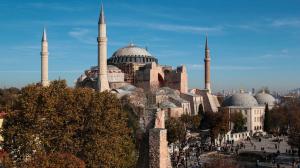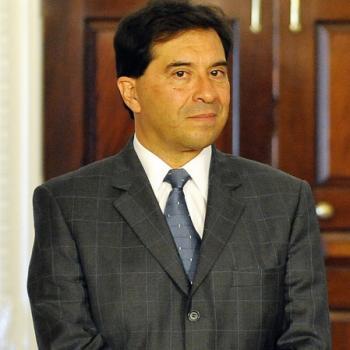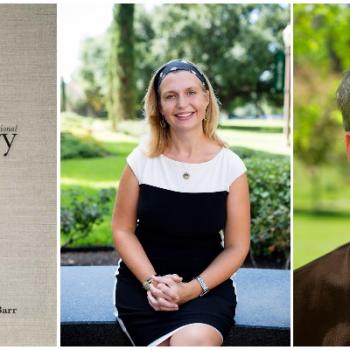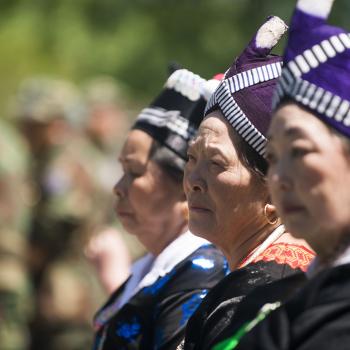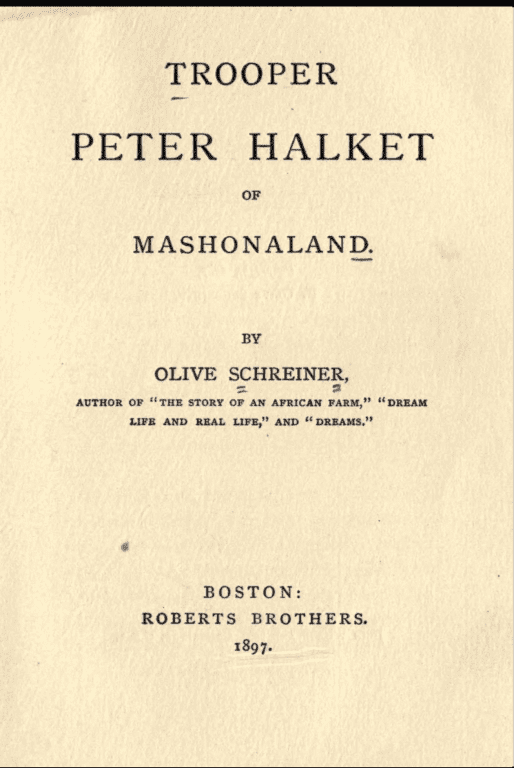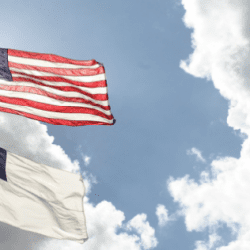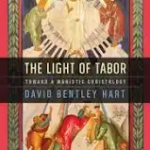On July 24, 2020, Muslims held Friday prayers in the nave of Hagia Sophia for the first time since the grand structure had been converted into a museum in 1934. In a United States consumed with the coronavirus pandemic, it might be easy to overlook the significance of this development. Few places, however, have mattered as much to the history of Christianity as Hagia Sophia, and it is worthwhile to review its contested history. The foundations of Hagia Sophia date... Read more


